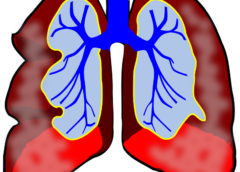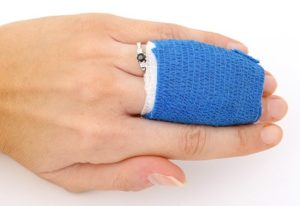Have you ever wondered how nature’s tiny architects create something so powerful? Bee resin, commonly known as Propolis, is one of the most remarkable gifts from nature. This sticky substance isn’t just a byproduct of their hard work. It’s a treasure trove of health benefits that have been cherished for centuries. From ancient civilizations to modern wellness practices, bee resin has carved its place in the realm of natural remedies. Packed with vitamins, minerals, and antioxidants, this golden elixir supports your immune system and promotes healing like no other. Join us as we explore the rich history, impressive chemical composition, and myriad health advantages of bee resin. You might just find yourself inspired to make this natural wonder part of your daily routine.
The History and Cultural Uses of Bee Resin
Bee resin, commonly known as propolis, has a rich history that dates back to ancient civilizations. Ancient Egyptians revered it for its preservative properties and used it in mummification rituals. They recognized its potential beyond mere aesthetics. In traditional Chinese medicine, propolis was viewed as a potent natural remedy. It was prescribed for various ailments due to its believed healing powers. Indigenous cultures around the world have also harnessed bee resin for centuries. Native Americans utilized it not only in medicinal applications but also in spiritual practices.
Chemical Composition and Nutritional Value of Bee Resin

Bee resin, commonly known as propolis, is a complex substance created by bees from tree sap and other botanical sources. Its composition varies depending on the flora in the surrounding environment. Rich in flavonoids, polyphenols, and essential oils, bee resin showcases remarkable antioxidant properties. These compounds help combat oxidative stress in the body. Additionally, it contains vitamins A, C, and E along with B-complex vitamins. This diverse nutritional profile contributes to its health-boosting capabilities.
Immune Boosting Properties
Bee resin, also known as propolis, is packed with compounds that support the immune system. Bees collect this sticky substance from tree buds and sap flows, mixing it with their enzymes to create a powerful natural remedy. Rich in flavonoids and phenolic acids, bee resin helps combat oxidative stress. These antioxidants play a crucial role in fighting off free radicals that can weaken your immune defenses. Studies suggest that propolis enhances the activity of immune cells like macrophages and lymphocytes. This boosts the body’s ability to fend off infections effectively.
Wound Healing Elements

Bee resin, also known as propolis, has been celebrated for its remarkable healing properties. It acts as a natural antiseptic, providing an effective barrier against pathogens that can infect wounds. When applied to cuts and scrapes, bee resin promotes faster healing. Its rich blend of flavonoids and phenolic compounds supports tissue regeneration while reducing inflammation. For burns, this sticky substance is equally beneficial. The soothing qualities help alleviate pain and minimize scarring by creating a protective layer over the damaged skin.
Other Health Benefits of Bee Resin: Anti-Inflammatory, Antioxidant, and Anti-Microbial
Bee resin, or propolis, offers a treasure trove of health benefits beyond immune support and wound healing. Its anti-inflammatory properties can help soothe various conditions by reducing swelling and discomfort in the body. This makes it particularly useful for those dealing with chronic inflammation. Additionally, bee resin is packed with antioxidants. These powerful compounds combat oxidative stress, which plays a key role in aging and several diseases. By neutralizing free radicals, propolis helps maintain cellular health. Moreover, its antimicrobial effects are impressive. Research indicates that bee resin can inhibit the growth of certain bacteria and fungi. This quality not only supports overall wellness but also suggests potential applications in natural antibacterial treatments.
There are several options for incorporating bee resin, or propolis, into your daily routine. You can find bee resin in various forms such as capsules, tinctures, and topical ointments. Each method has its unique benefits. If you prefer a more natural approach, raw propolis can be chewed like gum. This allows for direct absorption of its beneficial compounds while also promoting oral health. However, remember that the taste may not be for everyone.




